- Soma Mater's Newsletter
- Posts
- Soma Mater Weekly Newsletter
Soma Mater Weekly Newsletter
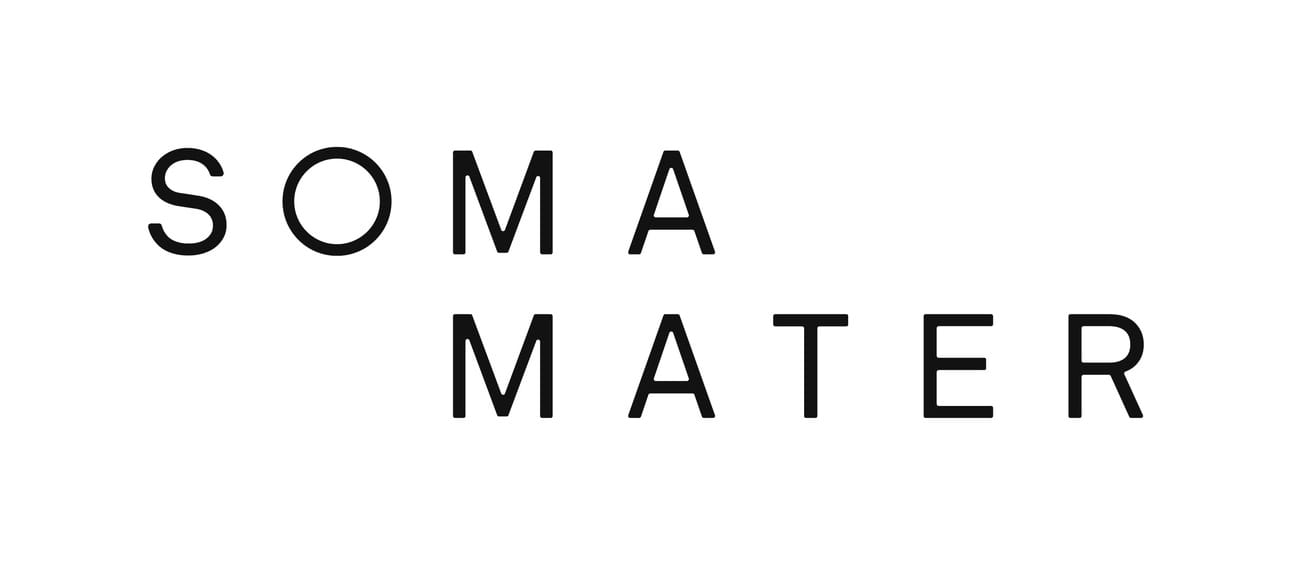
Welcome to the SOMA MATER Weekly Newsletter.
At SOMA MATER, we specialize in delivering comprehensive research and advisory services with a focus on Food & Water Security and Net Zero Transition in the MENA Region. In order to support our subscribing clients in navigating these topics and understanding the regional narrative, we produce monthly Food and Water Security and Net Zero Transition Intelligence Reports, along with our in-depth analysis and insights.
This weekly newsletter highlights the top 3 stories from the past week in Food and Water Security and Net Zero transition, along with SOMA MATER's analysis and perspective.
What are the main objectives and targets of the UAE's "Plant the Emirates" project?
How has Egypt's policy on frozen chicken imports affected local poultry farmers?
How much has the Kingdom of Saudi Arabia's Public Investment Fund (PIF) increased its investment plan for green projects, and what are the key sectors and impacts of these investments?
Sustainably yours,
The SOMA team
"Plant the Emirates” Project: Planting the Seeds of Change
#FoodAndWaterSecurity
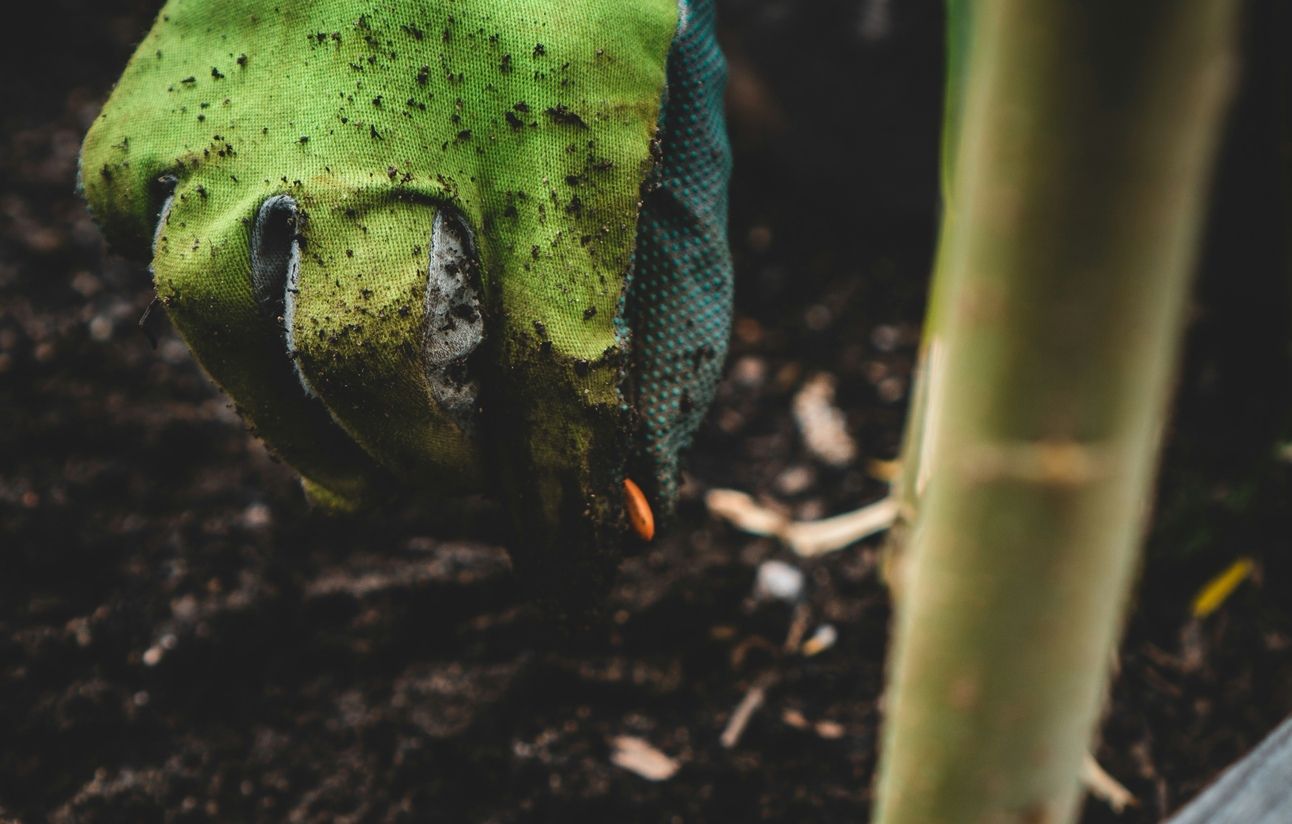
H.H. Sheikh Mohammed bin Rashid Al Maktoum has unveiled the "Plant the Emirates" project in order to strengthen the UAE's food security and agricultural sector. This initiative aims to transform the nation's approach to agriculture and food production. The project focuses on fostering a culture of agriculture in the community, leveraging technologies like drones and AI, and building partnerships with the private sector.
A key component of the initiative is the establishment of a national agriculture centre to enhance local production quality and competitiveness. The project sets forth ambitious targets for the next 5 years, including a 20% increase in farm production, 25% increase in organic farms, 30% more adoption of climate-smart farming methods. It aims to reduce agricultural waste by 50%, grow the agricultural workforce by 15%, increase the use of local food in restaurants and hotels by 25%, and ensure 85% of farms receive quality classification seals.
The "Plant the Emirates" initiative will offer grants, funding programs, and training to address the shortage of productive farms and specialized workforce.
SOMA’s Perspective:
The UAE “Plant the Emirates” initiative is the next evolution of food security drive at a local food production level. The UAE is now trying to get to the agriculture sector to grow in representation and meet a minimum in quality. This paired with a food sector clustering initiative lead by the ministry of economy, we expect the food value chain to mature. The only limiting factor to be addressed is policy and legislation to support this growth.
Source:
Ruffling of Feathers: Egyptian Poultry Farmers and Frozen Imports
#FoodAndWaterSecurity
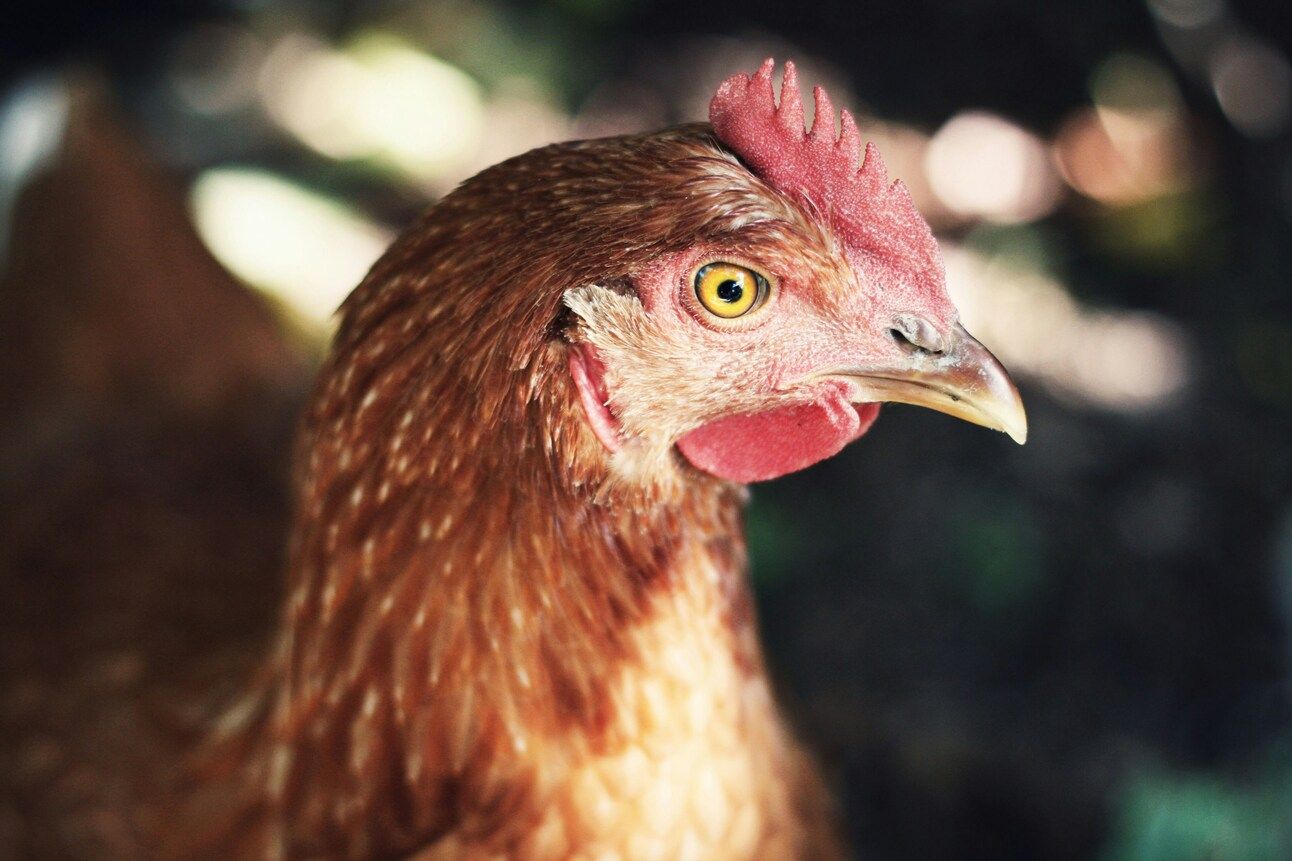
Egyptian poultry farmers are facing financial challenges for the second consecutive season due to the government's policy of allowing large-scale imports of frozen chicken. Local producers are incurring losses of approximately 7 Egyptian pounds (US$0.14) per kilogram of chicken in live weight. The cost of producing broiler meat in Egypt (about 74 Egyptian pounds or US$1.5 per kilogram) is higher than the price of imported frozen chicken (around 66 Egyptian pounds or US$1.36 per kilogram).
Egypt's chicken meat production has stagnated over the past five years, with 2023 production at 1.59 million tonnes. The government's June 2023 decision to temporarily lift duties on frozen chicken imports worsened the situation. This primarily benefited Brazilian poultry producers, who exported about 200,000 tonnes to Egypt last year.
Local farmers are selling products below market prices due to the challenging market. This highlights the tension between ensuring food security through imports and supporting local agriculture.
SOMA’s Perspective:
This aligns with the narrative that SOMA has been threading for the past few weeks on Egypt's poultry industries. Once again, we raise the question of how local farmers will be sourcing feed for these poultry animals if they were to increase production. The reliance on imported feed, often subject to price fluctuations and currency exchange rates, impacts the cost structure of local poultry production. This vulnerability in the supply chain highlights the need for a more comprehensive approach to food security that considers the inputs required for sustainable local production.
Sources:
Saudi Arabia's PIF: Turning Black Gold into Green
#NetZero
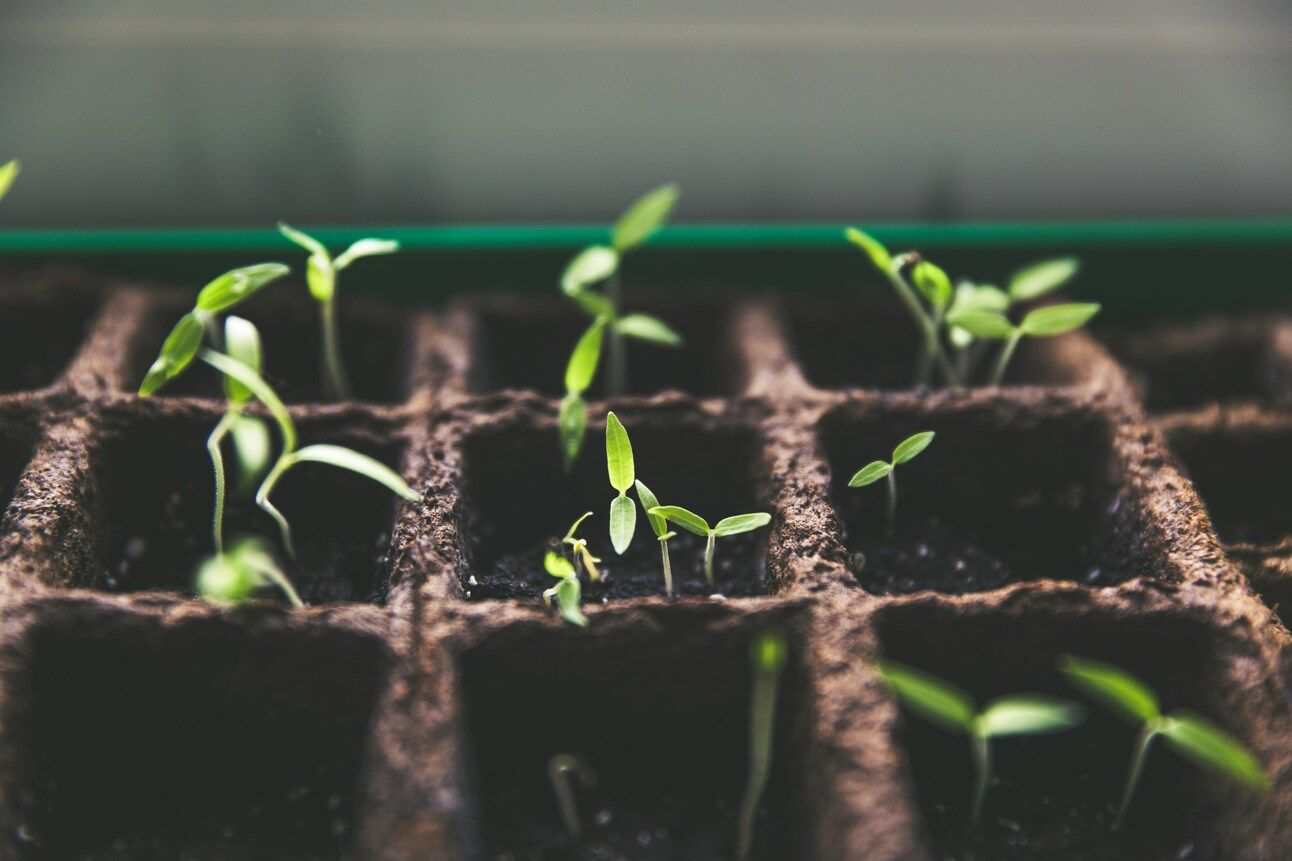
The Kingdom of Saudi Arabia's Public Investment Fund (PIF) has increased its green projects investment plan to over $19.4 billion. This ambitious plan encompasses 91 eligible projects across various sectors, including renewable energy, clean transportation, and green buildings.
The PIF oversees $925 billion in assets. $6.3 billion has been allocated for three major green building projects, while $1.7 billion of green financing has been designated for The Red Sea and AMAALA tourism developments. These investments are guided by the Green Finance Framework, established in 2022, which sets standards for funding eligibility, including third-party certification for green buildings. A breakdown of investment flows into sustainability projects are illustrated in Figure 1.
The impact of PIF's green investments have led to operational projects achieving energy savings and environmental benefits. 9 green buildings in the Red Sea Global development are 100% solar-powered, avoiding 36,000 tCO2e annually. PIF-funded projects are projected to generate renewable energy for 160,000 homes annually and save 7.7 million MWh through energy-efficient technologies.
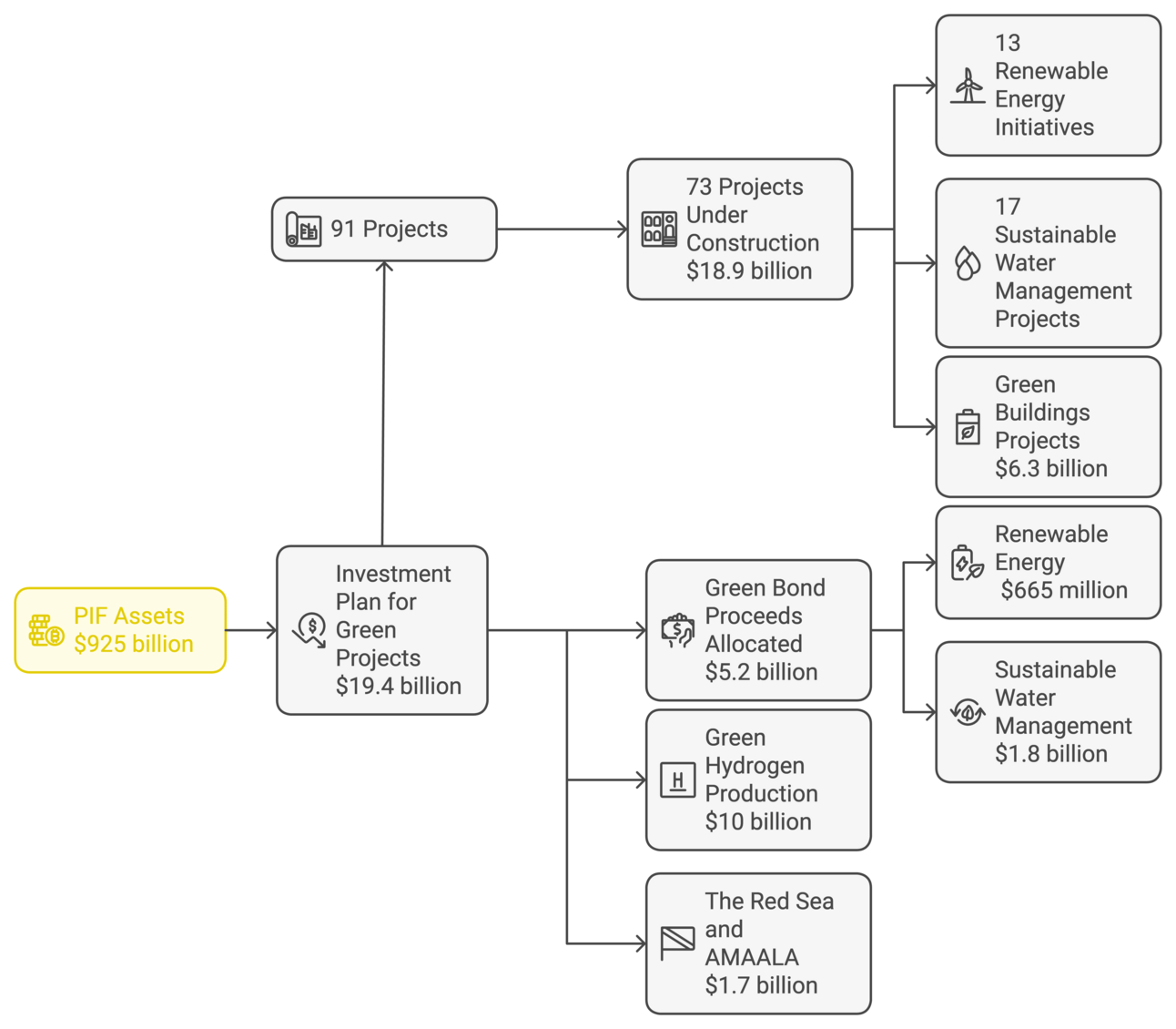
Figure 1: Flow of investments from PIF into sustainability projects
SOMA’s Perspective:
Green projects often lack sufficient funding and face high rates of return. Investors typically view green technologies as more risky compared to traditional investments. Ahead of COP16, BRICS leaders have called for increased financial resources and cooperation to combat environmental issues. Saudi Arabia’s PIF has been playing a crucial role in driving Saudi Arabia's Vision 2030 and helping close the financing gap for green projects.
Sources:
SOMA MATER is writing Intelligence Reports on the topics of Food and Water Security and Net Zero Transition. If you’d like to know more, contact us through the link below: